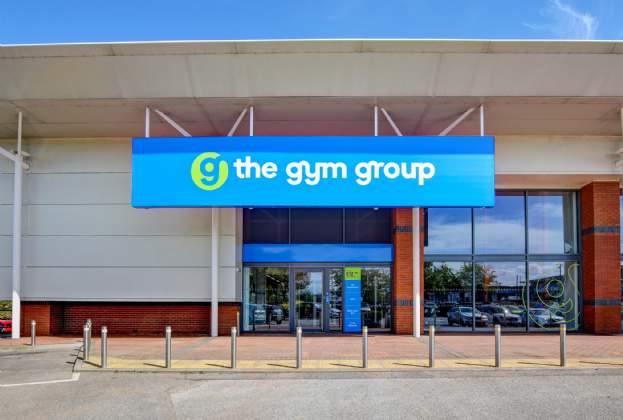Gamification is influencing the marketing of, interaction with and physical enjoyment of all facets of commercial property. However, what is it and how is it impacting the leisure sector?
Gamification is the application of elements of video game playing to physical activities to create a more engaging and immersive experience. Gamification is therefore another way that new technologies, such as VR, are influencing our enjoyment of traditional leisure activities and can offer a new way to engage with consumers and even more so, with Generation Z.
Some small-scale examples of gamification are within the competitive socialising sphere. Bounce introduced us to WonderBall technology, which uses art projection mapping to turn a standard ping pong table into a giant computer game where competitors gain points by landing on specific areas. Similarly, Flight Club offers gamified modes of playing darts, adding an exciting new dimension to an age-old pub game.
Gamified technology can therefore add an additional income stream, destinational appeal and can be refreshed with new content, making for an all-round savvy investment.
On a larger scale, South Korean concept Sports Monster also has a unique take on the family entertainment centre, with added elements of gamification. The 55,000 sq ft unit in Seoul offers 30 activities, ranging from high wires to trampolining to football practice, with interactive screens and VR simulators. The overall diversity of offer with the added technology creates a completely individualised experience.
Boutique Fitness is also an interesting market to consider gamification. Digme spinning studio utilises its ‘Spivi’ programme to generate a leaderboard and alter the virtual road you cycle on. Equally, at-home fitness company Peloton offers a stationary bike attached to a tablet, allowing users to access live classes via a monthly subscription.
On a much bigger scale, Savills has recently secured Action Stadium – which labels itself the first ‘gamification of sport’ concept in the UK – to take 39,443 sq ft at Star City, Birmingham (artist’s impression, pictured above). The space will offer games such as volleyball, basketball and football in modular spaces but with a high-tech model. Players gain points, compete in leaderboards and have personalised wristband activity tracking, integrating game mechanics into traditional sports and engaging both kids and adults in new activities.
It is not surprising to see why the majority of new concepts emerging in the leisure sector now feature some element of gamification. While all age groups can respond well to the act of gaming, it is the ‘digitally native’ younger generations which will expect it, with many growing up playing games on their smartphones.
The competitive socialising concepts have gained strong traction amongst audiences and landlords have unsurprisingly welcomed these offers into their schemes. As a key component of successful interaction with consumers, gamification is here to stay. For those operators that don’t embrace it it could be game over.
- This blog originally appeared on the Leisure Property Forum website
Further information
.jpg)



.jpg)


.jpg)


.jpg)